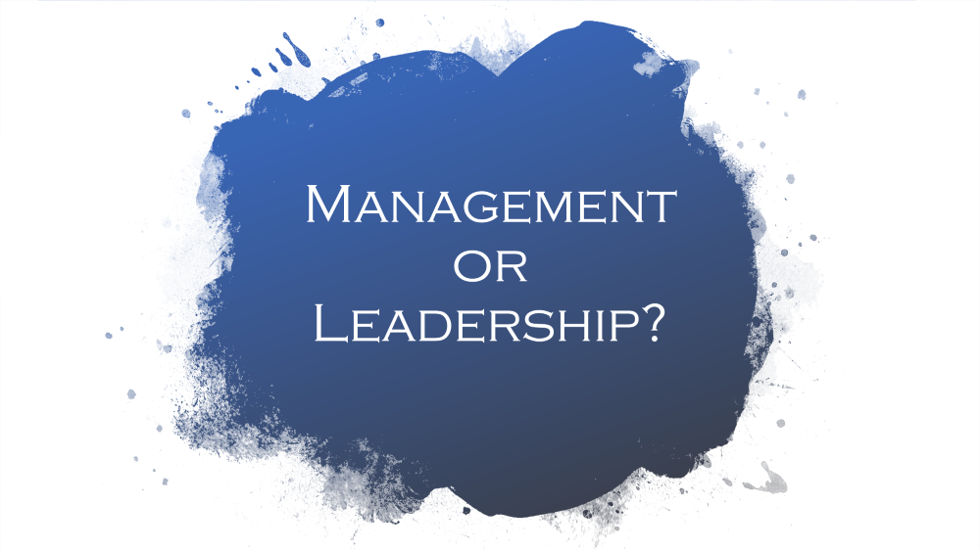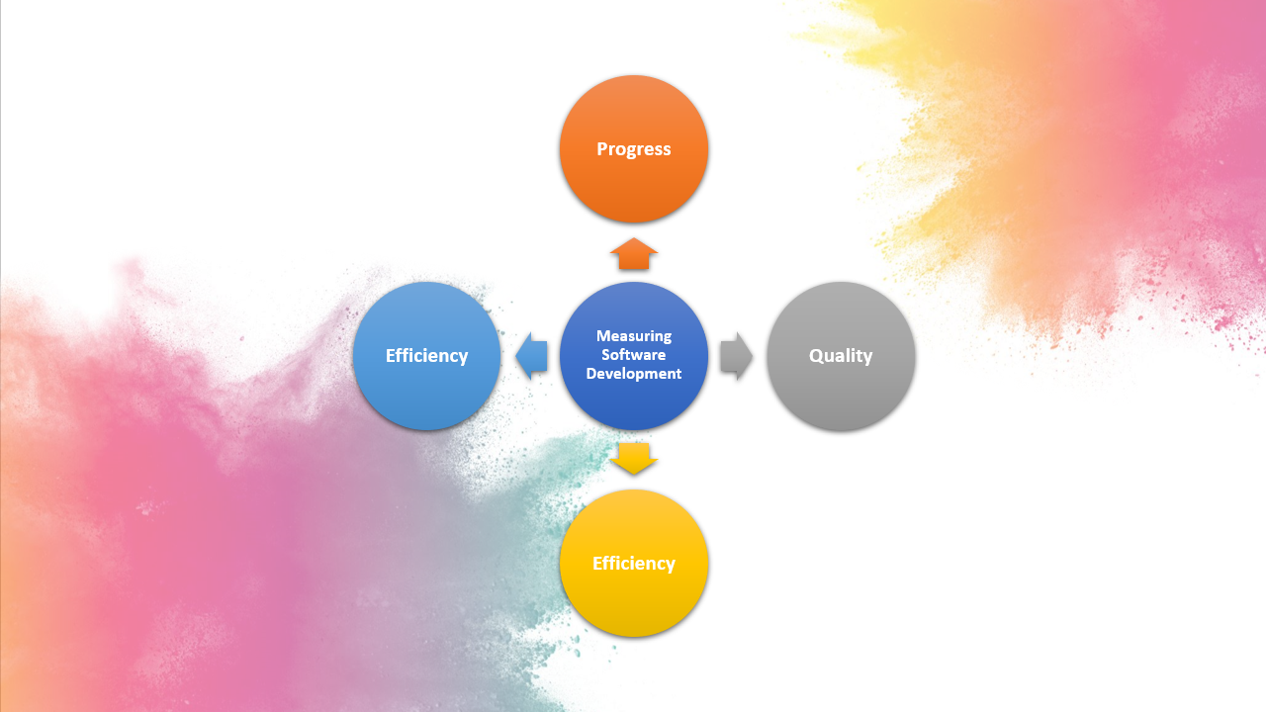Management Or Leadership
Written on January 23rd , 2020 by Sabarish Muthumperumal
A simple search for “leadership” on Amazon, returns 125,215 books; while “management” has 946,376 results. So is management more important than leadership? Case closed… Management is more researched and written/published seven fold more. That’s significant! Case closed. Management is more relevant and important than Leadership.
However the data scientist in me screamed that there weren’t enough data points…
Comparing Leadership and Management as academic field of interest on Google Trends, reveals a compelling and different story. The interest in these terms had varied starkly over the past decade. While the interest in Management is still higher than that of Leadership, it’s obvious that its “lead” is waning.
What Is Leadership?
So what is leadership anyways? It’s not that leadership is an entirely new concept. Thinkers and philosophers from Lao Tzu in 630 B.C, Plato in 350 B.C to Thomas Carlyle and Cecile Rhodes in the modern era have meditated upon this topic at length. While many have been prescriptive, most have tried to identify what attributes or qualities differentiate a leader from a follower. Almost all agree that Leadership has to do with “power”.
Joeseph Nye in his book, “The Powers to Lead”, provides insights from modern day leaders ranging from Mahatma Gandhi and Dr. Martin Luther King Jr. (who did not have official powers) to elected officials such as Truman and Churchill to classify and further nuance the understanding this pervasive subject.
Leadership: The Good And The Bad
The metaphorical antonym of a leader would be follower; however Joeseph’s academic prose veers to another interesting topic – Bad Leadership and Good Leadership. This is a particularly interesting topic to me, since I’m often grappling with these distinctions at work, be it assessing my subordinates or my superiors. Is a person a “good” leader because he is effective and gets the job done, or should one reserve judgment on “good” versus “bad” based on the means employed?
I’ve worked with leaders who yell, scream, threaten or otherwise arm-twist their team to work late and over the weekends to get the work done on time. There are others who give their teams room to think and get the work accomplished in a more conducive and collaborative manner. Both get the tasks accomplished, but it’s in my experience that not only are the collaborative leaders more inspiring to work with, they have the least attrition rates. These teams are often more creative and are more productive as well.
However, “goodness” and “ethics” alone cannot determine leadership qualities. Once again the critical skills of emotional intelligence, communication, vision on one hand and hard skills including organizational skills and Machiavellian political skills determine the type and effectiveness of leadership. Bringing all this together in recognition of the fact different circumstances calls for different skills to be used – Nye illustrates the importance of Contextual Intelligence. In my professional experience, I’ve seen how a collaborative style of leadership succeeded in one client engagement while failed to take off in another. A leadership mode based heavily on soft power skills (when I had no formal authority, and lead a team that was at a layer of designation over me) in a networked environment worked beautifully. However in a more mercenary style of work environment, the failure to re-calibrate my leadership styles to include more hard charging Machiavellian political skills cost me my health and family time.
A Case For Management
Management is often times written about disparagingly these days, particularly in context of leadership. This is wrong. Leadership and management are not mutually exclusive; in fact strong management skills are a bedrock upon which to build leadership caliber. In other words, if you can manage, you cannot lead, since the routine will trip you up.
One of the key “management” disciplines I’ve struggled with (and continue to) is Time management. I’m of the belief that one cannot manage time, and one needs to manage the tasks. Taken in a different way, I never manage my team members; rather I manage their tasks – there by giving them a sense of direction and time awareness. However, I’ll freely admit that I’m woefully wanting when it comes to managing my own time.
Reviewing Time Management matrix from Steven Covey (The Seven Habit of Highly Effective People), renewed my intent to conquer time. Only I realize that it’s not managing time nor tasks that needs to be done – but the right prioritization. Unbeknownst to me, this is exactly what I’d been doing for my team members. Since I knew the importance and urgency of each of the tasks I’d assigned them, it was easy enough for me sequence them logically. However, only my own tasks I tried to plunge in on a first come first serve basis. This put me constantly in the crisis/fire-fighting mode while true recreation suffered – to cope I ended up watching mindless TV shows into the wee hours of the night.
Two words. Negative Spiral.
Viewing the full range of tasks through the quadratic prism, I realized I could actually spend time on Quality and Personal Leadership tasks such as Planning, prevention and relationship building by consciously avoiding Wasteful actions such as diving into DVR-hell.
By consciously and deliberately adding more focus on important and non-urgent tasks, in the past couple of weeks, I’m slowly realizing that I’m better prepared to handle the urgent and important tasks.

